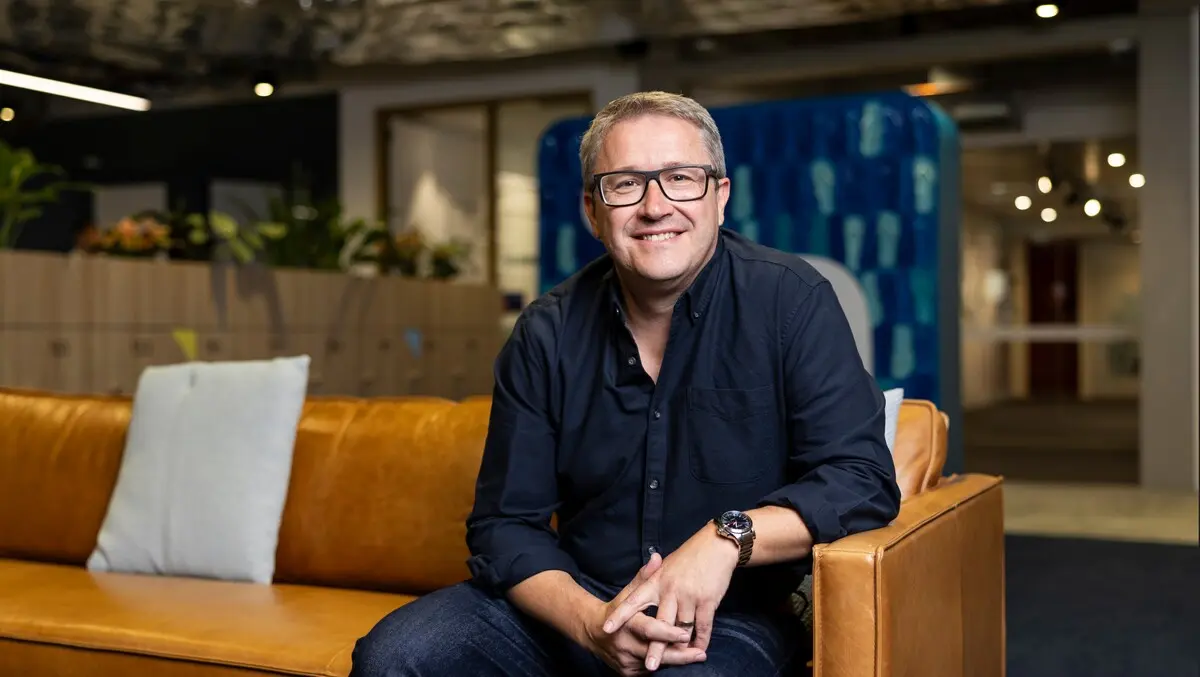
Australian C-suites embrace AI skills amid leadership gap
New LinkedIn data indicate a significant increase in the number of C-suite executives in Australia who are adding AI literacy skills to their profiles compared to two years ago.
The research shows that 4.7 times more Australian C-suites are now listing skills such as prompt engineering and proficiency with generative AI tools on their LinkedIn profiles than in previous years.
This increase aligns with broader business priorities, where 83% of Australian business leaders report that accelerating AI adoption within their organisations is a key focus for the current year. The data also highlights that 51% of companies globally have seen at least a 10% rise in revenue after integrating AI into their operations.
However, a gap remains between leaders and the broader workforce. According to LinkedIn's report, leaders are 1.3 times more likely to acquire AI literacy skills than other employees; however, not all executives feel confident in their AI capabilities. Globally, 41% of C-suites say that leadership team members are not being trained on AI, are not convinced of AI's return on investment, or lack a comprehensive change management strategy for AI integration.
AI competency has become the most sought-after skill among Australian employers across all roles on LinkedIn, and executive teams are recognising its growing importance. For 38% of C-suites, AI skills are now ranked as the number one skillset required for navigating organisational change.
AI literacy is also shaping recruitment processes, as eight in ten global business leaders are more inclined to hire candidates comfortable with AI tools than those with traditional experience but lower AI proficiency. In response, 37% of business leaders are investing in AI-oriented training and development to equip their teams for technological shifts in the coming year.
Adam Gregory, Senior Director, ANZ, LinkedIn Talent and Learning Solutions, said, "AI transformation starts at the top. Today's leaders must go beyond talking about AI – they need to model its use, demonstrate how to use it effectively and make learning a priority. At LinkedIn, we're seeing that the most effective C-suites are those who are building AI literacy across their teams and embedding AI into everyday workflows. As we move from experimentation to impact, organisations that lead from the front will be the ones that unlock new levels of efficiency, creativity and innovation."
Sarah Carney, National CTO, Microsoft ANZ, commented, "The single biggest unblocker for AI is leader-led transformation. Leaders who are standing out the front talking about how they're using AI. Everyone is waiting for leadership, and they want to know where to start, who is going to lead this for us and how do we step into this? This is a technology where you need to experiment. You need trial and error to be part of your culture, part of your DNA in order to be able to deploy it at scale."
Sally Elson, Chief People Officer at MYOB, noted, "At MYOB, we believe that embracing AI starts with creating the right environment for our people to learn and grow. We encourage our teams to experiment, ask questions, and build confidence with new technologies like AI. Our values are about being authentic and future-focused. This helps us foster a culture where curiosity and feedback are encouraged, which is essential as we build AI knowledge and capability across the business."
To support leadership teams and organisations in developing AI competencies, LinkedIn and Microsoft have announced a suite of AI learning resources. These include several unlocked online courses and professional certificates, all of which are available until the end of 2025. The resources are designed to help leaders understand and implement AI within their organisations, with material curated specifically for executives and managers.
The offerings include "Building an AI Implementation Roadmap", a course led by Australian strategy advisor and futurist Ross Dawson, which aims to help leaders develop successful AI strategies. Another resource, "AI for Organisational Leaders", is a professional certificate comprising six courses that focus on making informed decisions about AI adoption, understanding generative AI, and assessing business implications, with content created by LinkedIn's Chief Product Officer Tomer Cohen. The "AI for Managers" certificate equips managers with skills to use generative AI effectively in common workplace settings and foster collaborative and responsible AI usage among teams.
LinkedIn and Microsoft have also introduced AI Skill Pathways, with more than 150 professional certificates, certification preparation resources, and role-based learning paths to help individuals develop, practise, and validate AI skills. Twenty-seven of these AI Skill Pathways are available free of charge through July 2025.


